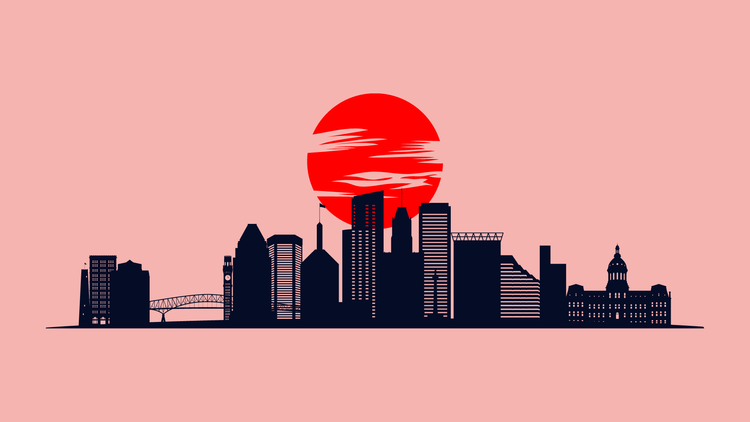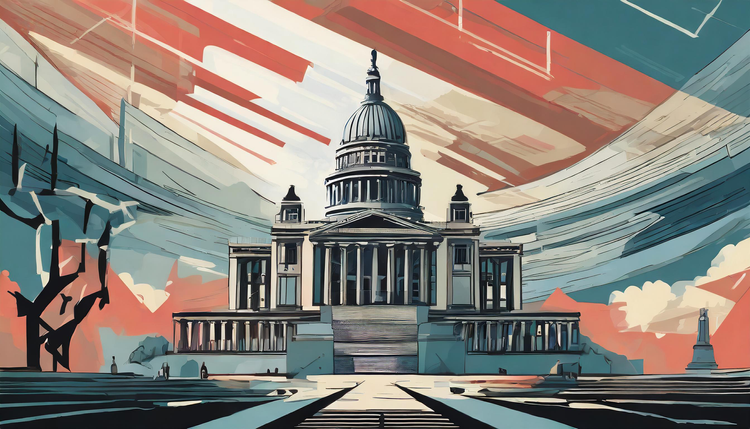Mayors Go To Harvard
“The press wants to write the ‘100-day story’,” Bloomberg says. “They asked: ‘What’d you do in the first 100 days?’ And I said, ‘I built my team.’ And they responded, ‘Yes, but what legislation did you pass?’ And I said, ‘I built my team.’ They never got the concept.”
Among public officials, mayors have the best and hardest jobs.
From regional towns to global cities, mayors are responsible for a dizzying array of issues: housing, education, transportation, security, infrastructure, economic development, public-private partnerships, among many others.
The bow on the city present is that mayors must handle these issues with limited resources; in cities, unlike state and federal government (up one-third from a year earlier), budgets matter and accounting voodoo is tough to bury.
Unlike state and federal representatives — non-executive positions that are remarkably free of accountability — mayors don’t have the luxury of dysfunction.
It’s much harder to deceive your neighbor than the nameless, faceless “American people.”
For a generation of American mayors, Mike Bloomberg is the founding father of modern cities. His pragmatic, solution-centric approach to governing resonates with people who are paid to make things work.
Over the next fifty years, global cities — from New York to Singapore, Helsinki to Shenzhen — will become the hubs for smart solutions to important climate, security, and economic challenges. Mayors, surrounded by the right teams, will grow in status and importance.
If you want to improve the world, become a mayor.





